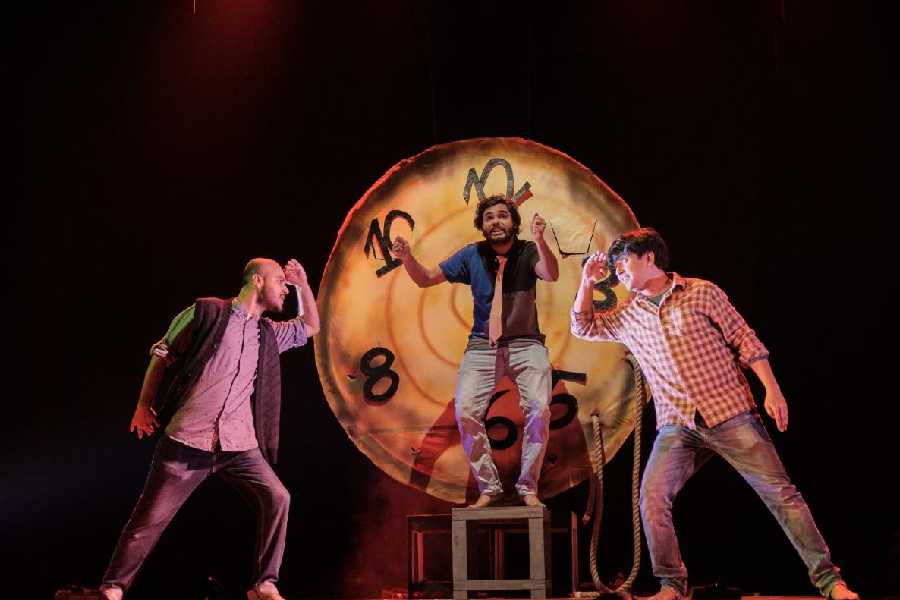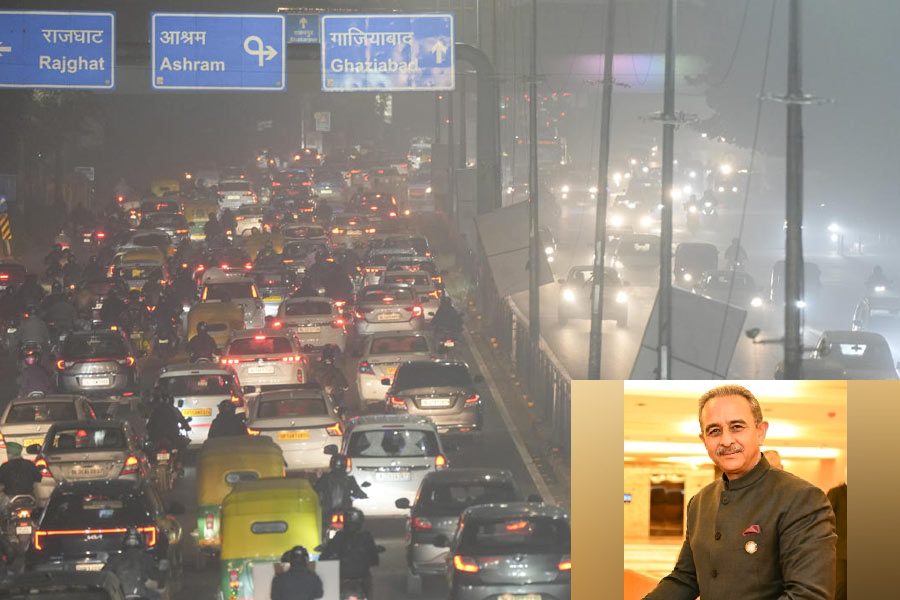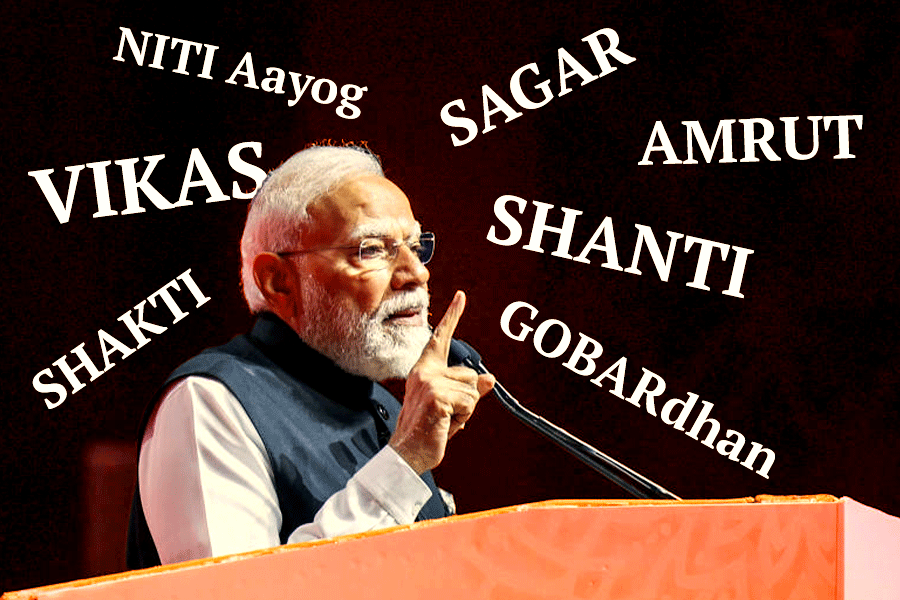Antar-ranga, a relatively new theatre group in town and peopled mainly by young theatre enthusiasts, has come up with Nagarbaul, an intriguing play that sets out to train a critical eye on the life and the times of Calcutta. Suvankar Ghosh Roy Chowdhury has authored Nagarbaul and the credit for design and direction goes to Biprajit Bhattacharya. Roy Chowdhury presents slices of contemporary urban existence, peeling the gloss off things so as to expose the darkness within, be it the ringing hollowness of media content or the mind-numbing culture of enslavement practised by corporates. As for love in the city, it flounders in the bog of unrequited hopelessness. Intertextual threads (Shakespeare, Purnendu Pattrea) create a rich cosmopolitan tapestry, which the more discerning audience members will find affinity with.
As the director, Bhattacharya has displayed commendable skill in giving the play a cohesive structure, which must have been challenging as the text is
essentially a series of discrete snapshots of city life. The large clock face that dominates the visuals, while firmly entrenching the unfolding action in the immediate present, is also the glue that holds the episodes together. The other element that binds the play into a tight-knit unity is the soundscape, brilliantly designed by Bhattacharya. Music is the beating heart of Nagarbaul, a play which is, of course, a take on the form of the musical. The original songs written and composed for the play (and sung brilliantly by Bhattacharya and his team) stand poised to be honourably included in the hallowed tradition of Bengali play songs. Saikat Manna has used a limited number of light sources to create a meaningful interplay of light and shade. However, his efforts were at times undermined by actors not being able to make full use of the light scheme.
The play is not without its flaws (at the levels of
both conception and execution) but extremely heartening is the willingness of Antar-ranga to be experimentative, to be visibly in search of a fresh performative idiom.











